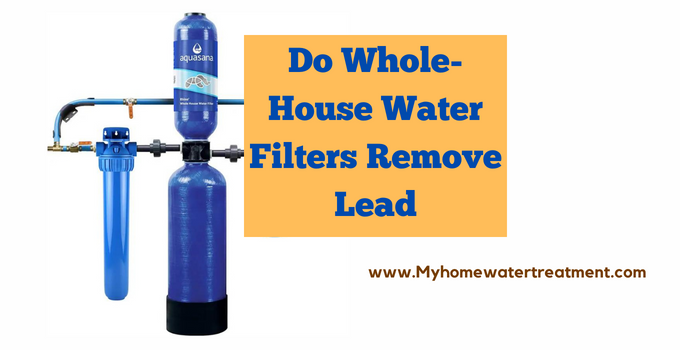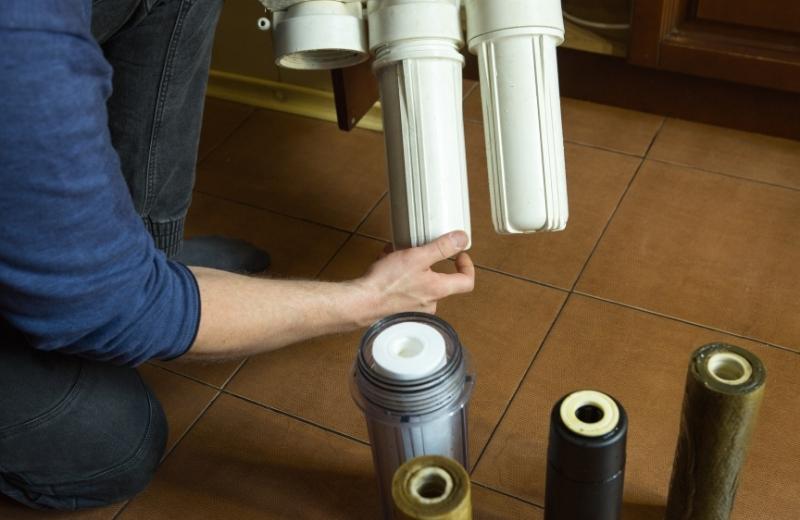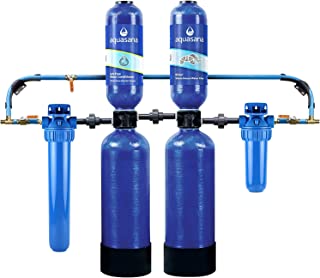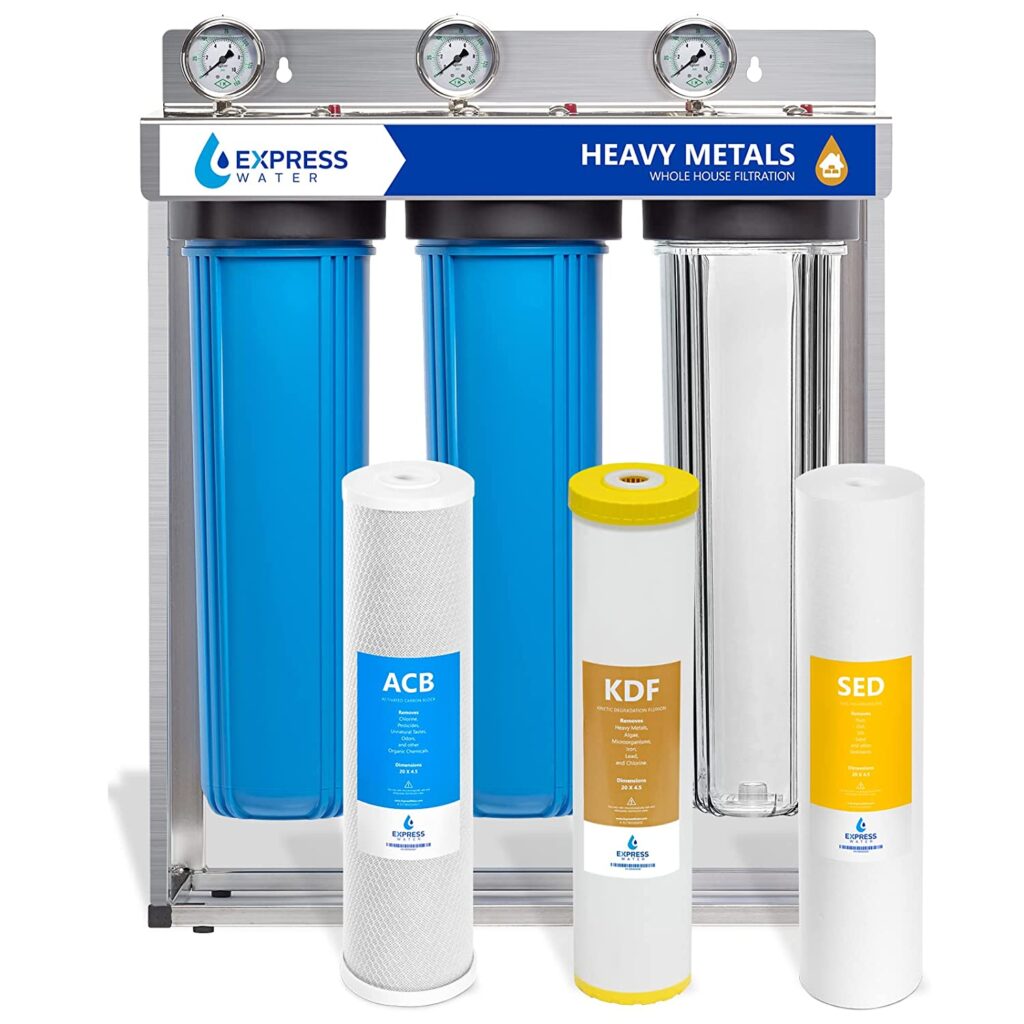Unfortunately, especially if you live in an older house, or even if you just live in a city or village that’s older than 20 or 30 years, you may have a very dangerous substance in your drinking water; lead. Sadly, lead can have a lot of negative effects on the human body. It can affect your cardiovascular system, wreck the operations of your kidneys, and worst of all can negatively affect your reproductive system.

Another tough issue is that Remove Lead pipes in your home are a very expensive and time-consuming process. Some plumbers won’t do the job at all, and the ones that do usually charge into the thousands of dollars.
Even if you replace all the pipes and fixtures in your home, you may still have to deal with lead in your water. This is because a lot of cities or county-owned pipes also still have lead in them.

Most cities will remove pipes if you make an appointment, but even then you usually have to prove to the city that you replaced all the pipes in your home before they even commit to replacing pipes on their end. So many people go with another solution; water filters.
This works well because bathing or showering in lead-tainted water isn’t anywhere near as great of a risk as drinking it. Especially if you have young children (who are affected negatively by lead poisoning much more than adults) you might think about getting some sort of filtration system in place for your home.
The Answer – Some Home Water Filters Remove Lead
As written above, a fair amount of whole house water filters do remove lead. Just make sure to check before you buy. Some carbon filters and reverse osmosis filters get the job done. A good tip is to look for NSF-rated filters when you’re on the hunt for a home system…NSF means National Sanitation Foundation, and their certification means you can rest easy.
Many ‘jug’ or ‘pitcher’ water filters such as Brita systems don’t do anything when it comes to lead; they have loose carbon granules in their filters. This might remove a little bit of lead, but not enough to make any sort of difference.

You also have to remember that boiling your water also does nothing about lead removal. Boiling water is sort of like treating your water with UV light; it kills bacteria and viruses, but doesn’t do much against heavy metals or chemicals.
The consensus after research is that the best whole house water filter for lead removal is a reverse-osmosis filter. Reverse-osmosis water filters basically use a ‘’membrane’’ which is sort of like a very fine filter to sift contaminants out of your water. There are some negatives; reverse-osmosis filters ‘reject’ a lot of water. Many filters dump a couple gallons of water for every gallon they filter.
The other thing is that filtered water is very sterile in a way. The naturally-occurring calcium and magnesium in water is also filtered out using a reverse-osmosis system, so you may not be getting the nutrients you’re used to from filtered water.
The other very important thing about getting a whole-house water filter system for lead is that most systems are installed in the basement near the water heater, or somewhere similar near the water meter. This is called a ‘point of entry’ system.
As we mentioned earlier about old pipes…if you install a whole house filtration system to remove lead, you also need to be sure that the pipes inside your home are new or lead-free, and hopefully both. Otherwise you’re just cleaning water that you’ll eventually send through contaminated pipes again.

Conclusion: Remove Lead
For a lot of people, a whole house water filter is not the answer for lead or heavy metal contamination. It’s just simply easier and more intelligent in a lot of ways to install an ‘under-the-sink’ style of filtration system.
Lead and other heavy metals are basically OK to bathe in, so the cost of a whole-house system (and replacing/updating pipes) can be mitigated by applying a solution solely to the water you plan on drinking.
Another factor is speed/processing time when it comes to a filtration system; most reverse-osmosis water filters take a fair amount of time just to filter a gallon of water.
Either way, look at whatever system you plan to use, and make sure it fits your needs.